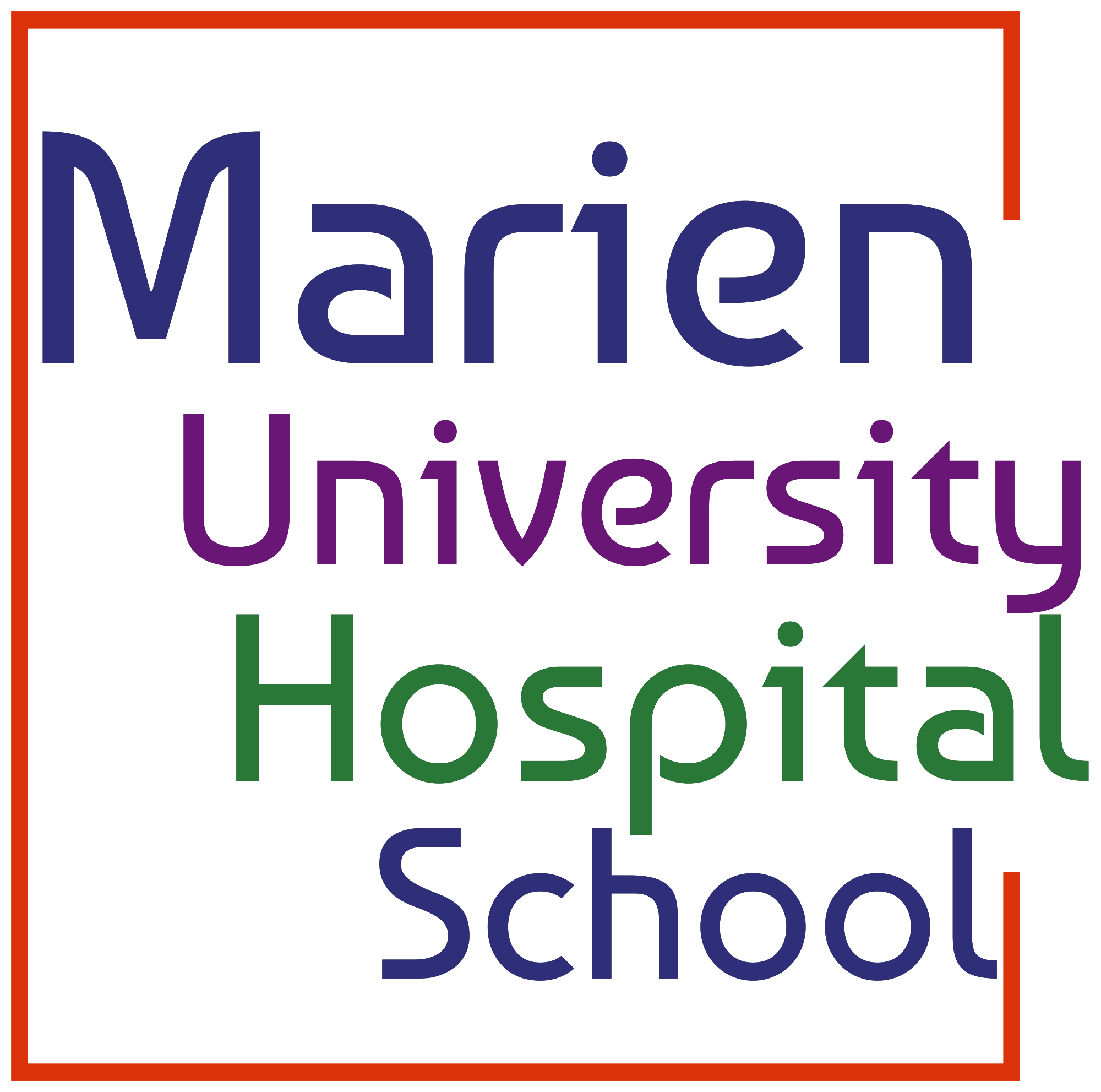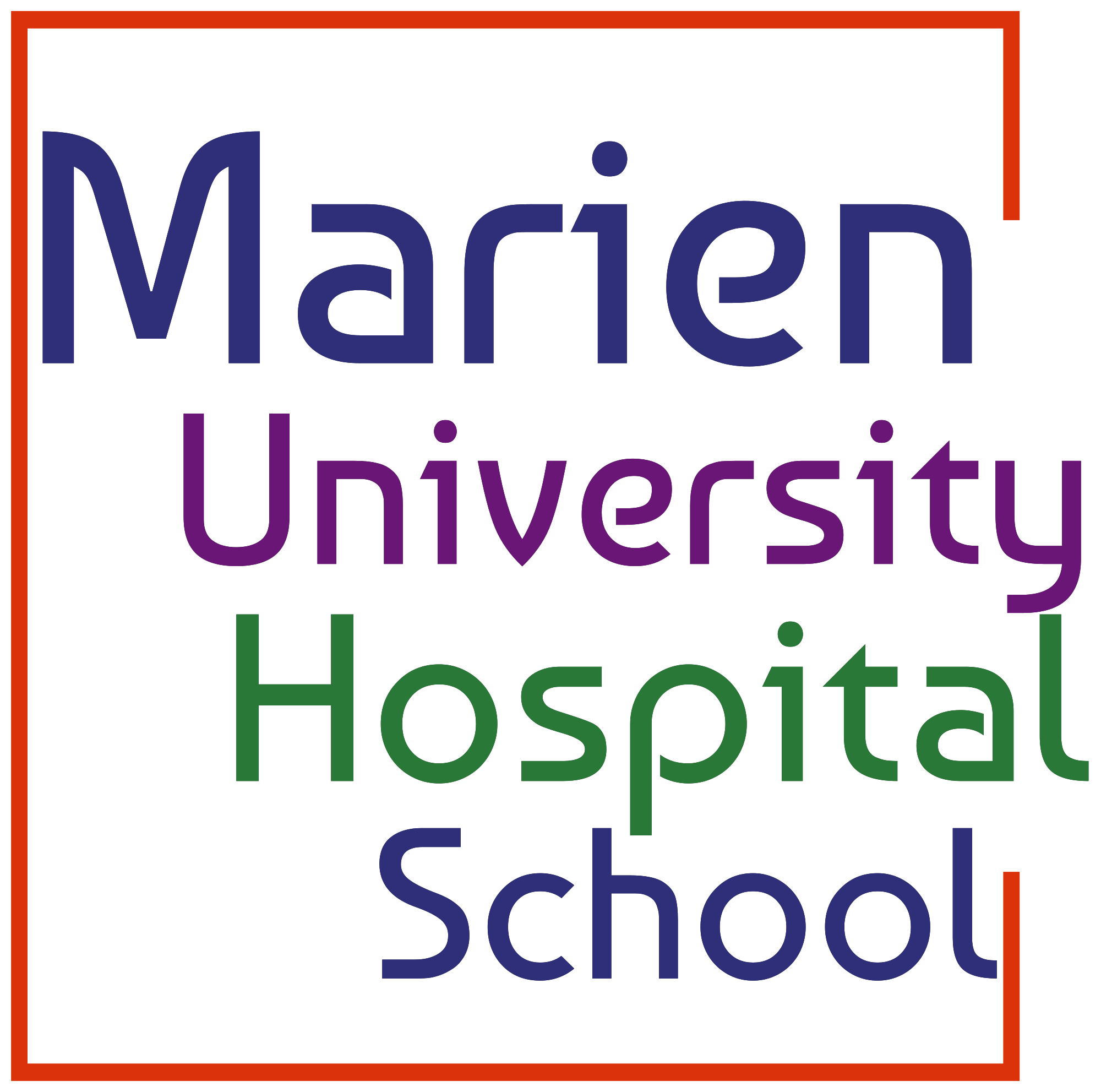Linguistics
Bachelor of Arts (Minor subject)
 Short description
Short description
Short description
Why study Linguistics at the MUHS?
Our study program is characterized by three features in particular. It is...
competence-oriented: Core modules focus on the development of key skills such as academic writing, linguistic data collection, statistical evaluation, qualitative analysis, and theoretical reflection.
research-oriented: The teaching staff are very active in research and are constantly designing new courses to incorporate the latest findings and methods of linguistics into teaching.
multilingual: Courses are taught in both English and German. Students and lecturers generally also speak other languages. Language courses and/or programming courses are also part of the degree program. Students thus learn to navigate confidently in multilingual contexts.
The supplementary BA subject Linguistics at the MUHS is designed as part of a multiple degree course. In multiple degree courses, a core subject must always be taken with a supplementary subject. All core and supplementary compartments can be combined with each other except with themselves.
A core subject course comprises a total of 180 credit points (CP). Credit points are used to "measure" the workload. In the core subject model, 108 CP are allocated to the core subject, 54 CP to the supplementary subject and 18 CP to the elective area of “Profilbildung”.
This subject can be chosen as a supplementary subject or integrative. The "Application" column shows you whether the second subject is admission-free or subject to the local numerus clausus.
Combination options
For this study programme you need a major subject
| English and American Studies |
| German Languages and Literatures |
| Historical Studies |
| Jewish Studies |
| Art History |
| Japanese Studies |
| Romance Languages and Literatures (expiring degree programme) |
| Philosophy |
Entry/Admission requirements
The formal admission requirement for the integrative Bachelor's degree course in Linguistics is a general or relevant subject-restricted higher education entrance qualification (high school graduation/Abitur).
Applicants must provide proof of German language skills for enrollment. In addition, a good command of English is required, as both the teaching and the reading are partly in English.
Programme content
There are, depending on the count, between six and eight thousand human languages in the world. They all have different sound systems or gesture inventories, different word structures and different sentence structures. What we call a ballpoint pen in English is literally called a “pen with a ball” in French. If we use the word order “Mey eats an apple” in English, the order in Japanese is “Mey apple eats.”
There are also strong variations within each language. Depending on age, region and context, we can express ourselves differently. Most people in the world also speak more than one language and can use expressions from several languages at the same time in a conversational situation.
We examine this diversity: How do languages differ from each other, what do they have in common? How do we learn languages? Why do we understand words and sentences that we have never heard or read before?
In our computer pools and various labs, we learn a variety of methods to investigate these questions.
Programme structure
| Semester | |||
| 1. | Basic Expertise | ||
| 2. | Basic Expertise | ||
| 3. | Basic Expertise | ||
| 4. | Basic Expertise | ||
| 5. | Linguistic Analysis |
|
|
| 6. |
| Linguistic Analysis | |
Programme objectives/Career prospects
The degree program prepares students for a wide range of professions. Our graduates learn methods for collecting and analyzing data, and some work in industrial research, for example as data scientists, or in the development of language technologies.
The program also trains students to write concise texts and to visualize data and ideas in a meaningful way, which is a good basis for careers in public relations, knowledge transfer and consulting.
By focusing on linguistic diversity and specific language skills, our graduates are also well prepared for careers in cultural mediation, language training and multilingual team management.
Other career paths that we observe can be found in various areas of management (product management, project management, human resources management) and adult education.
An alternative is the Heinrich Heine College Year, an orientation course in the humanities, cultural and social sciences, with the opportunity to get to know the whole range of subjects at the Faculty of Arts and Humanities.
Winter semester
6 semesters
German (partially: English)
Open admission
05/05/2025 - 31/10/2025
01/07/2024 - 31/10/2025
01/07/2025 - 15/08/2025
Dr. Jasmin Pfeifer
E-Mail
Janine Willems
E-Mail
Tim Marton
E-Mail
Olga Böse
E-Mail
Student Services Center (SSC)
Building: 21.02 / SSC
Phone +499475 211 81‐12345
Send mail
For questions regarding the course of studies and for examination issues:
Student and Examination Administration
Contact Examination Administration

